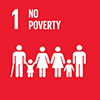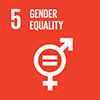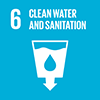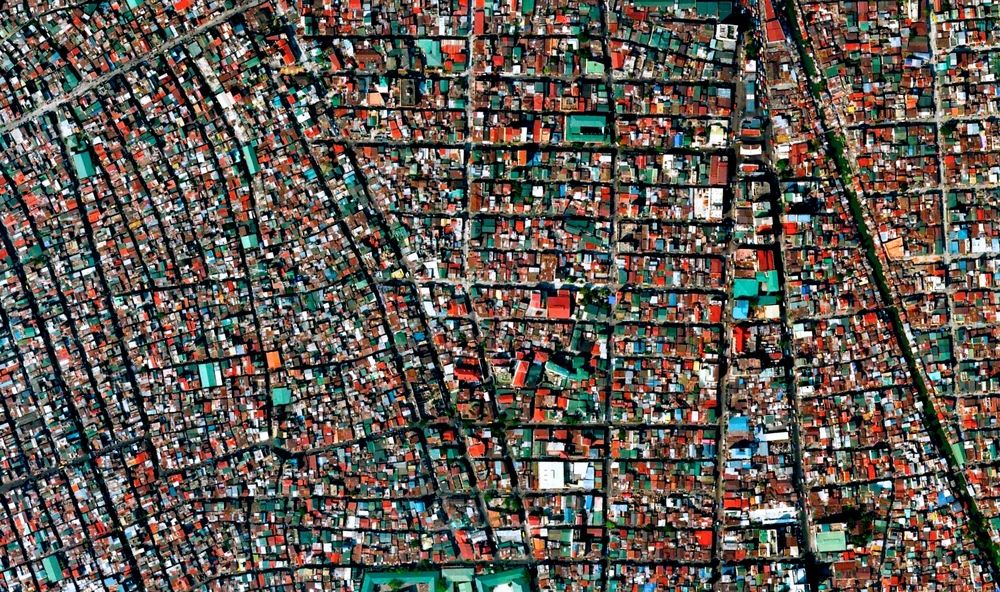
Our Future Is Urban
By 2050 over 68% of the world’s population will live in cities
2050 & The Next Wave of Urbanization
There will be 9.7 billion inhabitants on planet Earth by 2050, with 68% of the population living in cities. Eight countries will account for more than half of the incremental 2.2 billion population between 2021 and 2050: the Philippines, Nigeria, Pakistan, the Democratic Republic of Congo, Ethiopia, the Republic of Tanzania, Egypt, and India. These eight countries and others in the Global South are rapidly urbanizing with a steep population curve supported by strong tailwinds of consumerism and large under-30 populations with high aspirations.
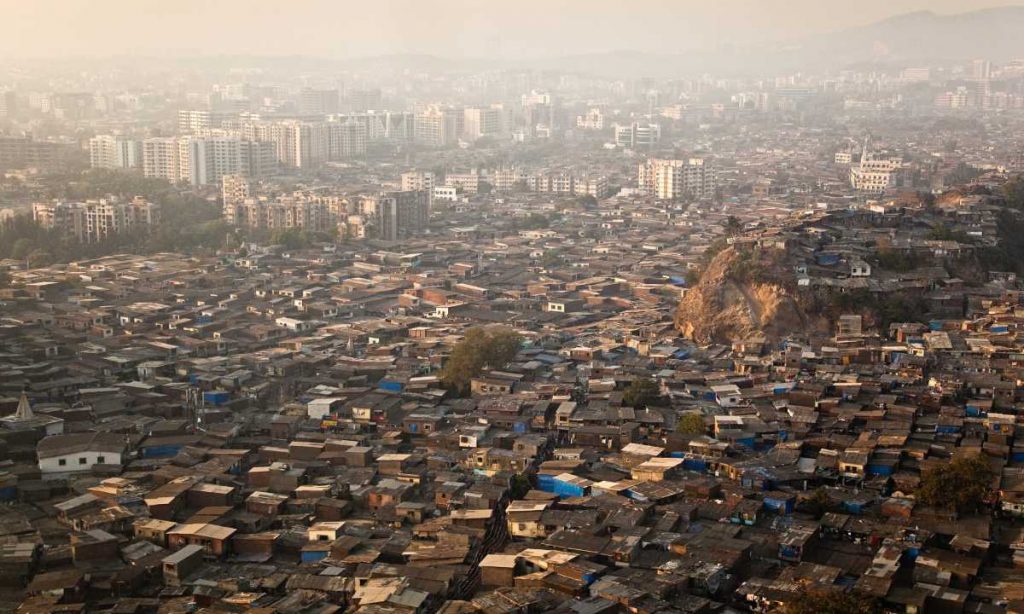
Growing Landfill Stress
Landfill waste – responsible for about 11% of global methane emissions – is expected to increase by about 70% by 2050 as the global population continues to climb, according to the World Bank.
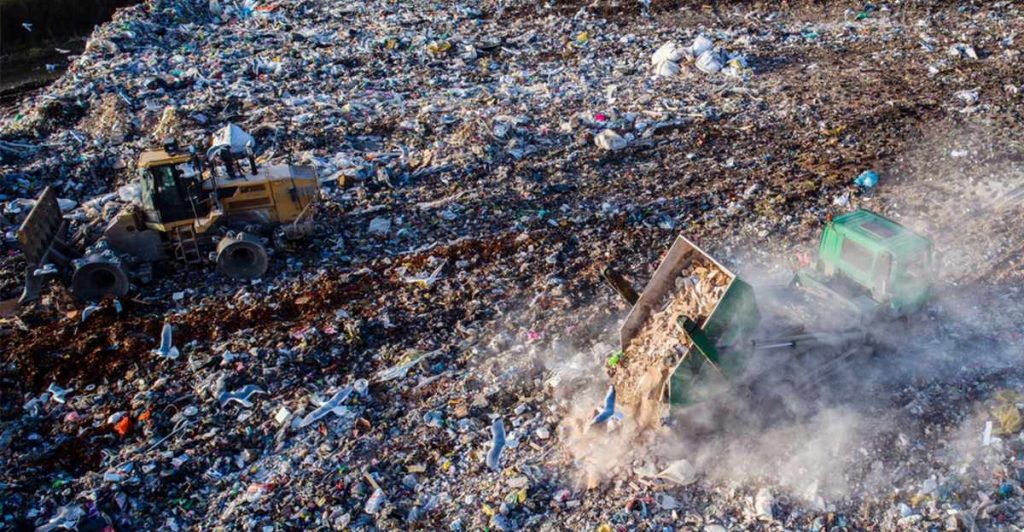
The Underbelly of Growth
Rapid middle-class growth, hyper-consumerism, and unchecked urbanization across the Global South allow many people to achieve material aspirations. However, this rapid growth creates a waste dynamic that many societies continue to ignore. Companies in e-commerce, fintech, mobility, and other innovations across ASEAN, Africa, and South Asia receive billions of investments to drive development, consumption, and growth. Substantially less investment is being deployed into scalable solutions addressing climate, waste, and other consequences of this rapid growth and development. Across many countries of the Global South, over 90% of waste is openly dumped or burned. The speed of development continues to outpace policymakers’ ability to address the underbelly of growth effectively. Emerging challenges in food and water security and landfill stress continue exposing these cities to climate change’s significant risks.
Advancing the Circular Economy
Of the 100 billion tonnes of materials that enter the global economy every year, only 8.6% are cycled back into the economy.
Innovation Beyond Technology
Project ClearSky 2100, a project developed by ClearSky 2100 Ventures, is an urban micro-infrastructure platform to reduce GHG emissions and strengthen climate resilience in the megacities of the Global South. We focus on CH4 and N2O emissions reduction strategies through pre-landfill models. We take a holistic and bottom-up approach, integrating ubiquitous technologies with innovations in business models and social ecosystems. Our innovation is scalable and circular, tailored for highly dense urban environments that characterize most megacities in the Global South. We’ve future-proofed the platform, focusing on three core technology solutions: micro-renewables, clean water, and organics management. Also, we layer in incremental innovation, such as urban micro-scale carbon sequestration and blockchain, throughout our ecosystem to tighten alignment between technology and a broad base urban stakeholder ecosystem needed to strengthen climate resilience and address other environmental challenges in the current and future megacities.
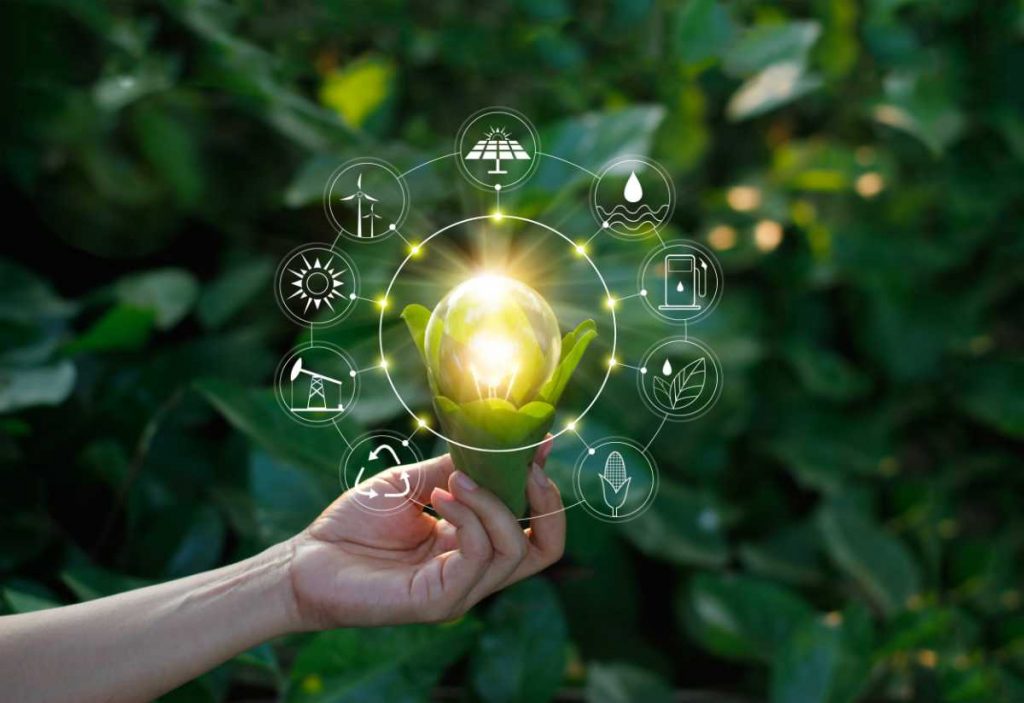
Food Waste: The $1 Trillion Opportunity
According to the FAO, the economic cost of global food loss and waste amounts to over $1 trillion annually. So far, only 11 of the 192 national climate plans in the Paris Climate Agreement have mentioned food loss and waste.

Building Inclusiveness
Solving major urban climate and environmental challenges requires technological innovation and a well-aligned and expansive stakeholder ecosystem. Inclusivity, both in dialogue and action, remains elusive. The informal sector in many communities in the Global South accounts for a significant portion of a nation’s workforce. Many of the world’s 2 billion informal workers call the Global South home and represent future environmental stewards of the planet over the next several decades. These workers lack social protection, worker rights, healthcare access, and decent working conditions. Our innovations build solve these challenges by offering consistent and substantially higher income opportunities with large-scale employment opportunities across many communities.
Formalizing the Informal Sector Through Innovation
Blockchain’s attributes of consensus, provenance, immutability, and finality can improve workers’ wages, reduce corruption, strengthen the local government tax base, and support economic development and growth.
A Global Team
Our team brings global, operational, and commercial expertise across many disciplines, including community and economic development, industrial zone development, waste recycling, CSR, blockchain, cooperatives, municipal finance, investments, and global partnership. Our team’s experience in more than 75 countries across Asia, Africa, Europe, the Middle East, and Latin America further add to our insights and ability to build a next-generation organization committed to solving social and economic challenges across the Global South.

Committed to the Goals
Project ClearSky 2100 addresses 17 of the 17 UN Sustainable Development Goals with a platform built around technological innovations, adaptive business models, and social ecosystems. Our solution allows for ease of deployment with a scalable architecture creating measurable impact, strengthening climate resilience, reducing urban-based GHG emissions, and reducing poverty for a sustainable future.
